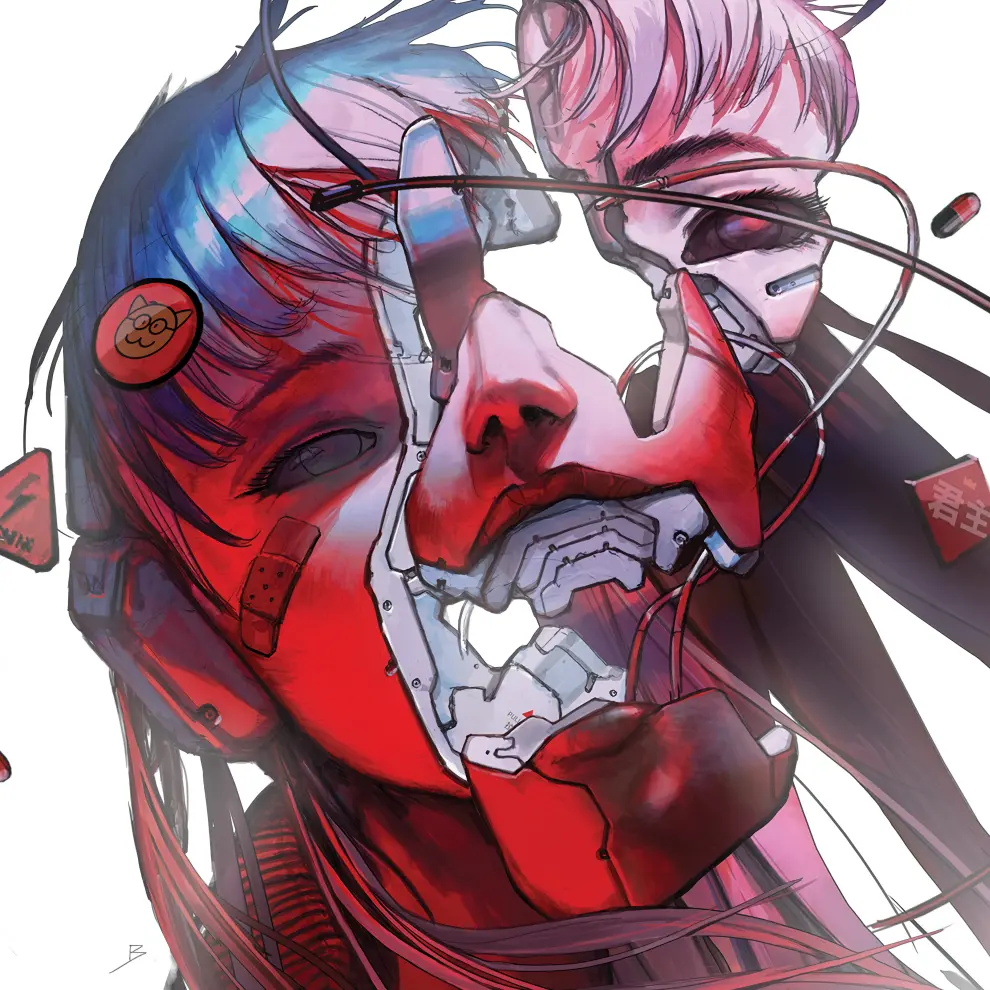Title.
You might’ve heard the fancy term ludonarrative dissonance, which describes something a lot of modern games suffer from. It’s the way games often tell stories that don’t fit within their gameplay loops. How a character can take 20 shots to the head in gameplay, and then die from a single wound in a cutscene. Or how in the story, characters can act like people who would never do the things they do do in gameplay.
This conflict doesn’t actually ruin a game most of the time. But the pictured game is one which is renowned for showcasing what can be done when gameplay is used as a narrative device, reinforcing rather than conflicting with the story. Using every element of a game in concert.


Tchia was that for me. There was no point in the game where I felt pushed to do anything I felt was out of character for her, and gameplay and storyline harmonized beautifully.
Runner-up would be Horizon Forbidden West.
Horizon is pretty good at keeping Aloy, the story, and the gameplay, walking hand in hand. Combat with the machines is never questionable, but I do think things could have been done better when it comes to the human on human conflict.
I do end up feeling a little bad for all the Quen that needlessly end up as arrow pincushions, especially. They flip-flop between friend and foe so many times and each time you just absolutely slaughter them.
In the Burning Shores, the Admiral is all grateful about Aloy and Sayka bringing the missing people back, nevermind that as the player you probably killed just about every combat-capable Quen among the missing.